I came here looking for the answer to this, and after some more digging I discovered that it's due to some static methods that can be found in the bytecode of the compiled enum class which Jacoco is expecting to be covered. After some experimentation, I came up with the following superclass to use for unit tests which are focused on enums, with JUnit 4. This resolved my coverage problems with enums.
import org.junit.Test;
import java.lang.reflect.InvocationTargetException;
import java.lang.reflect.Method;
import static org.junit.Assert.assertEquals;
public abstract class EnumTest {
@Test
public void verifyEnumStatics() throws NoSuchMethodException, InvocationTargetException, IllegalAccessException {
Class e = getEnumUnderTest();
Method valuesMethod = e.getMethod("values");
Object[] values = (Object[]) valuesMethod.invoke(null);
Method valueOfMethod = e.getMethod("valueOf", String.class);
assertEquals(values[0], valueOfMethod.invoke(null, ((Enum)values[0]).name()));
}
protected abstract Class getEnumUnderTest();
}
And then use it like this:
public class TravelTypeTest extends EnumTest {
@Override
protected Class getEnumUnderTest() {
return TravelType.class;
}
// other test methods if needed
}
This is a rough first attempt - it doesn't work on enums that for whatever reason don't have any entries, and doubtless there are better ways to get the same effect, but this will exercise the generated static methods by ensuring that you can retrieve the values of the enum, and that if you pass the name of the first enum entry to the valueOf() method you will get the first enum entry back.
Ideally we'd write a test that searches for all enums in the packages under test and exercise them in the same way automatically (and avoid having to remember to create a new test class for each new enum that inherits from EnumTest), but I don't have many enums so I haven't felt any pressure to attempt this yet.
